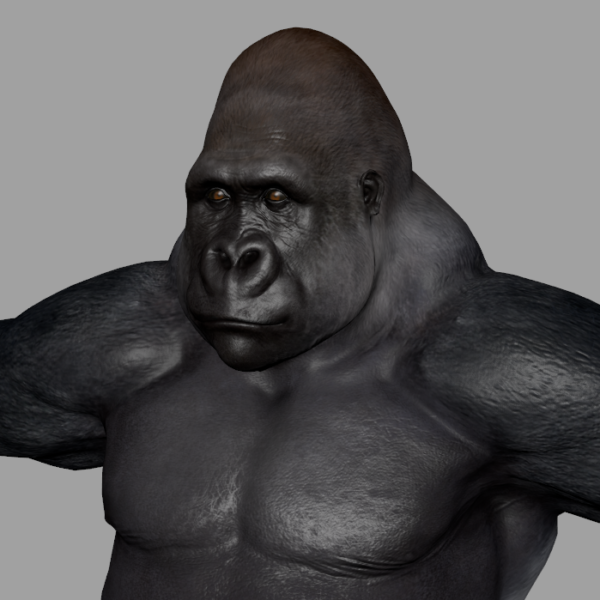

Proficient human sprinters could outpace a younger gorilla, while they may have trouble outrunning a fully grown adult gorilla, especially over rougher terrain. While you may think that a younger gorilla would be faster than an older one, it turns out that in this case, the opposite is true, and this will have much to do with the power, strength, and agility that older gorillas have developed.


Are older gorillas faster than younger ones? In that case, the chances are they would not even come close to the speeds they achieve on the track, and while an Olympic athlete could beat a gorilla in a foot race over even flat terrain, your chances of outrunning one in the jungle are zero. Suppose you put Usain Bolt and other top sprint athletes in the jungle and told them to run fast. It would be interesting to observe how fast a gorilla could run and what times they could achieve over an even flat piece of ground – they would likely achieve even faster speeds over a flat smooth surface. Like humans, gorillas are very fast over short distances, as in the jungles where they live, they are unlikely to encounter a 100m area of cleared flat terrain, so the measured speed we have for gorillas is those achieved in the jungle. This slower speed is because, in the 110m hurdles, there are obstacles that slow the overall speed, and runners have to slow slightly over the hurdles. If you take the world record in 110m hurdles, that top speed is only 19,22 mph which is eight mph slower than the 100m record. Also, the track was flat and had no obstacles en route to the finish line. Usain Bolt clocked the world record of 27,8 mph on an athletics track in spiked shoes designed to deliver optimum traction and allow him to propel forward at high speed. Another thing to consider when comparing is the terrain these speeds are measured over. Unless you are a world-class sprinter, gorillas can run faster than humans on average. Final thoughts on the speed of a gorilla.What to do if you are facing a charging gorilla?.Are older gorillas faster than younger ones?.


 0 kommentar(er)
0 kommentar(er)
